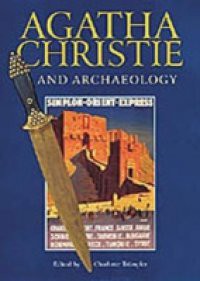Agatha Christie's novels are not just an image of an ideal world of comfort and order. They depict a world subject to change - to war, to social instability, to the questioning of moral values - and they are closely related to current events. How did Christie, nostalgic for a stable society, respond to change? This book considers her treatment of crime both as illustrating a fundamentally evil human nature and as provoking ingenuity, enterprise, collaboration and enhanced tolerance. Two key factors appear: the illusion which she thinks inherent in human understanding and which is exploited by the cynical and self-interested, and the love of power which taints family and society, which can provoke and motivate murder, and yet which is the basis of energetic action - for good or for evil. Against these stands the activity of the detectives: but is this activity rational or intuitive? Is it innocent, or does it have some complicity with the power and illusion it seeks to combat?

